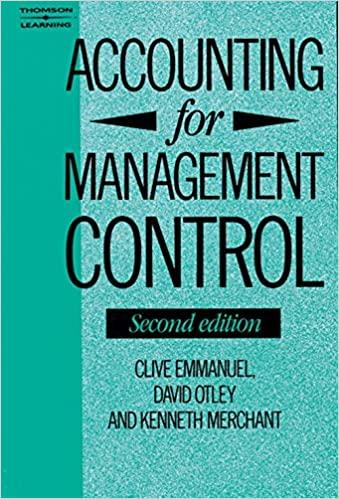
Smith Corporation and Rogers Company each reported the following: Smith Year 2 Rogers Year 2 Year 3 Year 1 Year 3 Year 1 Income Statement Revenue Cost of goods sold Selling & admin. expenses Tax expense Interest expense Net Income 11,660 8,840 2,570 15 15.600 11.750 2.800 10.740 8.100 2.540 10 30 60 9.780 6,940 2,600 20 15 205 14,200 10.850 2,400 70 220 880 16,200 12,300 2.550 75 400 875 75 lelses bele 450 740 100 970 Balance Sheet Assets Cash Accounts receivable Inventory Property & equipment (net) Total Assets 350 980 305 1,690 1,300 4,275 965 230 1.480 1.150 3.825 1.210 915 3,445 3.730 500 2,800 4,280 11,400 3.345 375 3.155 3.720 10.595 2.815 450 2,400 3,620 9,285 Liabilities Accounts payable Long term labilities 1,590 520 1.315 445 1,280 265 2,690 3,220 3.235 2.610 2,925 2,485 Stockholders' Equity Common stock Retained earnings Total Liab. & Equity 815 1,350 4,275 815 1.290 3.865 815 1,085 3,445 1,290 4,200 11,400 1.290 3,480 10.595 1,290 2,585 9,285 Required: a. Prepare a horizontal analysis on revenue, cost of goods sold and net income and assess the results. b. Calculate the following ratios for the years available for both companies: Current ratio Times interest earned Days in inventory Gross profit rate Average collection period Profit rate Debt to assets ratio Return on assets Based on your results in requirement b, which company would you rather be a supplier for, be a banker to and invest in? Briefly explain each decision. d. If Smith borrowed $1,500 on a long-term loan in year 3, how would that transaction impact each ratio calculated in requirement b? C Smith Corporation and Rogers Company each reported the following: Smith Year 2 Rogers Year 2 Year 3 Year 1 Year 3 Year 1 Income Statement Revenue Cost of goods sold Selling & admin. expenses Tax expense Interest expense Net Income 11,660 8,840 2,570 15 15.600 11.750 2.800 10.740 8.100 2.540 10 30 60 9.780 6,940 2,600 20 15 205 14,200 10.850 2,400 70 220 880 16,200 12,300 2.550 75 400 875 75 lelses bele 450 740 100 970 Balance Sheet Assets Cash Accounts receivable Inventory Property & equipment (net) Total Assets 350 980 305 1,690 1,300 4,275 965 230 1.480 1.150 3.825 1.210 915 3,445 3.730 500 2,800 4,280 11,400 3.345 375 3.155 3.720 10.595 2.815 450 2,400 3,620 9,285 Liabilities Accounts payable Long term labilities 1,590 520 1.315 445 1,280 265 2,690 3,220 3.235 2.610 2,925 2,485 Stockholders' Equity Common stock Retained earnings Total Liab. & Equity 815 1,350 4,275 815 1.290 3.865 815 1,085 3,445 1,290 4,200 11,400 1.290 3,480 10.595 1,290 2,585 9,285 Required: a. Prepare a horizontal analysis on revenue, cost of goods sold and net income and assess the results. b. Calculate the following ratios for the years available for both companies: Current ratio Times interest earned Days in inventory Gross profit rate Average collection period Profit rate Debt to assets ratio Return on assets Based on your results in requirement b, which company would you rather be a supplier for, be a banker to and invest in? Briefly explain each decision. d. If Smith borrowed $1,500 on a long-term loan in year 3, how would that transaction impact each ratio calculated in requirement b? C







